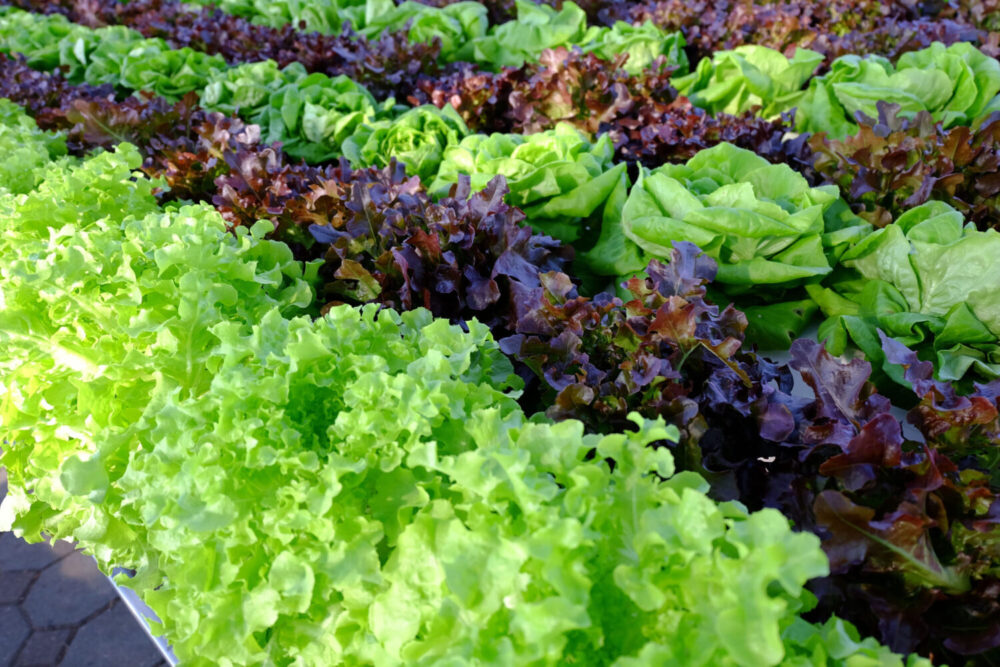The FDA’s deadline to comply with the sweeping food traceability regulations defined under the Food Safety Modernization Act Section 204d (FSMA 204) is January 20, 2026. It might seem like you’ve got plenty of time to prepare, but consider the work that needs to be done between now and then and get ready for a new set of technical challenges, questions to answer and problems to solve.
Complying with FSMA 204 requires building a traceability plan, choosing a technology solution, connecting your shipping, ordering and receiving systems, and of course training your team on new systems. True end-to-end traceability (not the current one-up, one-back requirement) requires huge amounts of new data points to be not only collected and stored but also exchanged between trading partners with every shipment of Food Traceability List (FTL) foods, every time. And, if something goes wrong in the process, you’ll need additional labor to physically call vendors and correct errors in the data. Aligning and becoming compliant with these regulations will certainly take time, something you do not have enough of to begin with.
Starting today is crucial. Here’s why.
With the FDA’s new regulation comes a whole new set of data points that need to be collected, stored and shared. The FDA has outlined these Key Data Elements (KDEs) and Critical Tracking Events (CTEs) for each node of the food supply chain. It will undoubtedly take time to establish, implement and perfect a system to effectively track and synchronize what will amount to millions of KDEs each year from multiple systems. You might already be collecting certain KDEs at each CTE, but the difference now is that more information is required than ever before and it has to be exchanged with each affected order. This information includes:
- Where the product was received.
- When the product was received.
- The quantity received.
- Supplier lot code.
As it was written, the FSMA 204 traceability KDE requirements apply to the 19 categories on the FTL, but the FDA has sent strong signals that the list will only grow over time.
Don’t get left behind
Traceability is coming, there is no doubt about it. How many restaurants, retailers, wholesalers and suppliers in the U.S. are impacted by FSMA 204? Try up to 2 million. The last place you want to be is stuck behind the queue of others in line for a solution.
With changes this widespread, starting as early as possible is the only way you’ll meet the deadline. Companies that wait until the last minute will be scrambling to comply with the regulation and their suppliers and customers will take note.
FSMA 204 is here and the clock has started. No matter where you are in the food supply chain, you’ll want to start the process now.
- Suppliers: That means adopting a traceability solution that can send KDE information to your customers with every FTL shipment, regardless of their system requirements. If you can do that, you’ll be a much more attractive option than your competitors.
- Retailers: You need to be ready to take in and store KDEs from all of your vendors. Just think of the data management nightmare that would create if you’re trying to take in information from hundreds – or even thousands – of disjointed supplier systems. And, if a central kitchen or transformation process is part of your supply chain, your requirements are even greater.
- Wholesalers: Your retail customers will be looking to YOU for a traceability solution that not only helps them to comply, but also works with their DSD vendors’ systems.
FSMA 204 compliance sounds daunting, but ReposiTrak has been solving supply chain challenges like this for decades. Our ReposiTrak Traceability Network® solution easily integrates with your existing systems and workflows, it’s quick to implement and is endorsed by the industry as the lowest-cost solution. Beat the clock, spare your reputation and get started with a traceability solution today.

